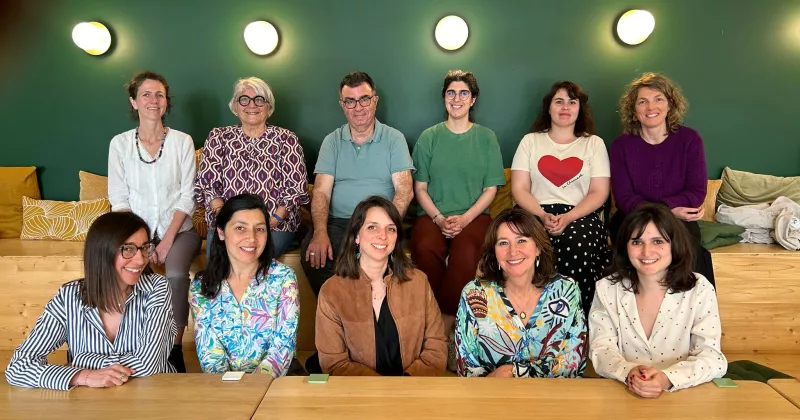EPALE focus: Basic skills learning provision

EPALE's thematic focus from July to September 2020 is on Basic skills learning provision
Building resilience by ensuring basic skills for all: investing in efficient basic skills provision is becoming critical in a post COVID-19 era.
Basic skills (literacy, numeracy and digital skills) have become a policy priority in Europe and they are at the heart of the Upskilling Pathways recommendation adopted by the European Council in 2016. Nearly 20% of the adult population in Europe struggle with reading, writing, numeracy, and the application of digital tools, and almost the same amount (22%) of adults in the EU have qualifications from lower secondary level or lower, which puts them more at risk of unemployment and of becoming socially vulnerable. Upskilling Pathways addresses these problems by encouraging Member States to build cohesive policies to ensure a minimum level of basic skills for all, and to help people in need to obtain at least upper secondary level qualifications.
The recent COVID-19 crisis, however, has shed new light on the importance of basic skills. It has revealed their role in making citizens, communities and societies more resilient to unexpected and disruptive challenges and more able to adapt quickly to changes in circumstances. The Coronavirus pandemic has affected important areas of people’s lives such as their health, work, social welfare and finances. As a result of the measures taken to cope with the pandemic, many have been made redundant and others have suddenly had to go digital in a way that they did not see coming. For others, developing critical skills in digital information and media, managing their personal and family finances and making financial decisions have all been very important. While for most people an obvious consequence of the COVID-19 crisis has been the need to process health-related information in order to understand the situation and to act in line with the measures imposed by the authorities in order to prevent further spread of the infection. Europeans with low levels of basic skills are becoming even more vulnerable during this critical time. Coping effectively with such global challenges calls for joint actions from communities and societies. Ensuring basic skills for all is a necessary step to enable societies to combat current and future social, health, environmental and economic challenges, and to implement policies effectively in order to support the sustainability of European societies and economies and promote a healthier planet.
Basic skills are transversal. Not only are they relevant to educational policy, but also to employment, health, social and environmental policies. Building cohesive policy measures which support people with basic skills needs is necessary not only to make Upskilling Pathways a success, but also to help build more resilient and inclusive societies.
|
It is in this context which we present the third thematic focus of 2020; building resilience through basic skills training by ensuring effective policies and practices in:
|
On 16-17 September 2020 you will also have the chance to join our online discussion on Basic skills learning provision.
Commentaire
Transzverzális
- Se connecter ou s'inscrire pour poster un commentaire
Clasificare eronată a competențelor.
- componenta informațională, adică nivelul de cunoaștere descriptivă și evaluativă a realității de interes;
- componenta aplicativă, adică nivelul deprinderilor (motrice, intelectuale, .....) de utiliza componenta informațională, pentru a produce, cu premeditare, transformările dorite în realitatea de interes;
- componenta experimentală, adică nivelul de repetabilitate a deprinderilor într-un context profesional stabil, ce conduce la transformare a deprinderilor în reflexe condiționate, pentru atingerea performanței.
- Se connecter ou s'inscrire pour poster un commentaire
Warto się uczyć przez całe życie - DIALOG
- Se connecter ou s'inscrire pour poster un commentaire
As competências, as
- Se connecter ou s'inscrire pour poster un commentaire
Introduction to the Upskilling Pathways Initiative
- Se connecter ou s'inscrire pour poster un commentaire






Numeracy has long been neglected